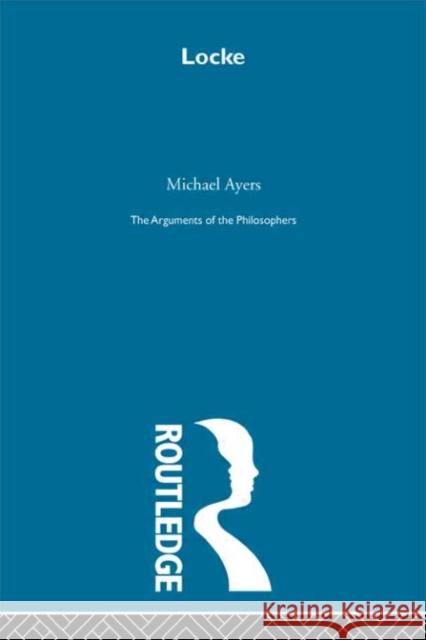Locke-Arg Philosophers » książka
topmenu
Locke-Arg Philosophers
ISBN-13: 9780415203593 / Angielski / Twarda / 1999 / 700 str.
Locke-Arg Philosophers
ISBN-13: 9780415203593 / Angielski / Twarda / 1999 / 700 str.
cena 1591,76
(netto: 1515,96 VAT: 5%)
Najniższa cena z 30 dni: 1460,84
(netto: 1515,96 VAT: 5%)
Najniższa cena z 30 dni: 1460,84
Termin realizacji zamówienia:
ok. 22 dni roboczych.
ok. 22 dni roboczych.
Darmowa dostawa!
This book is available either individually, or as part of the specially-priced Arguments of the Philosphers Collection.











